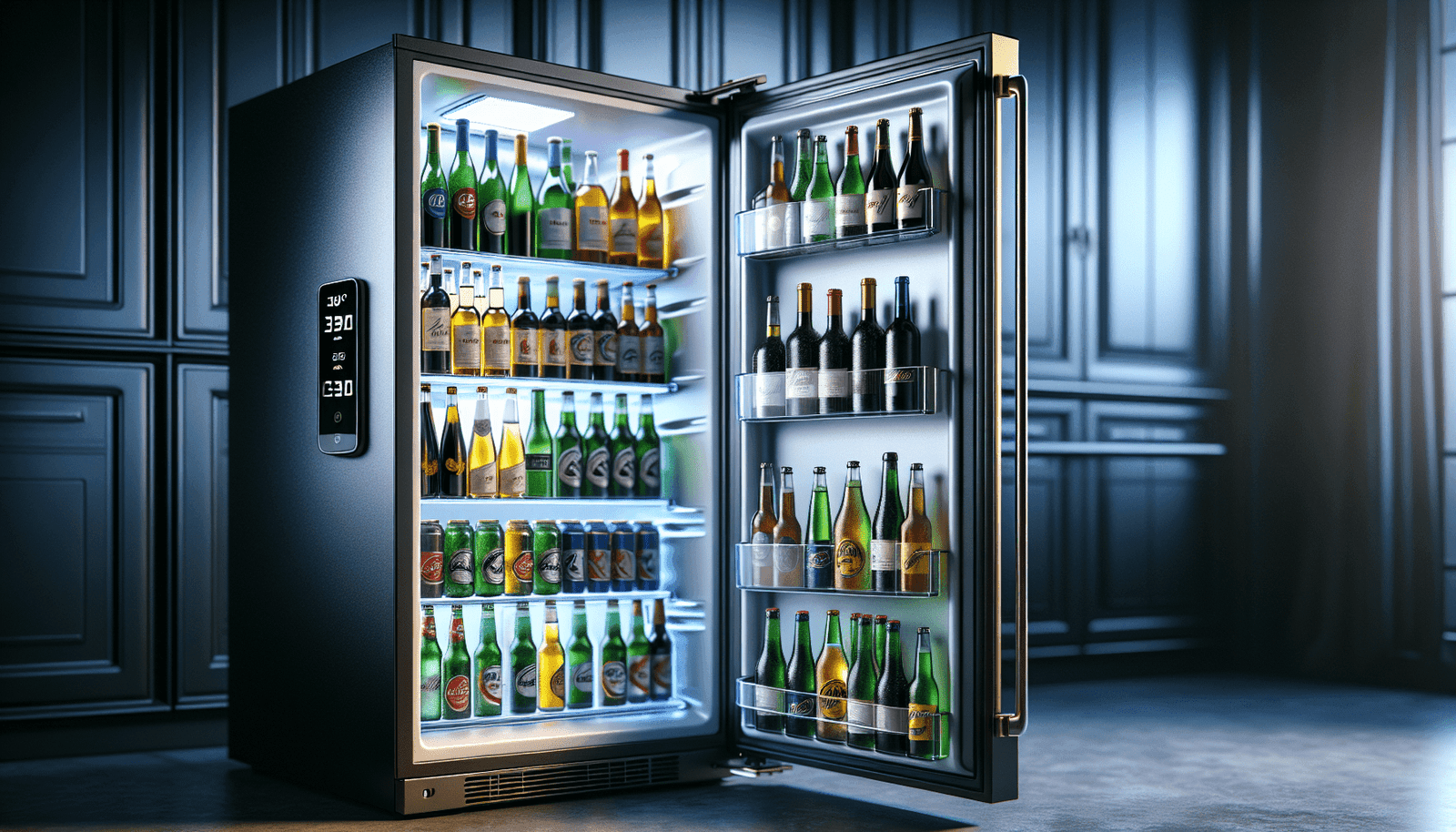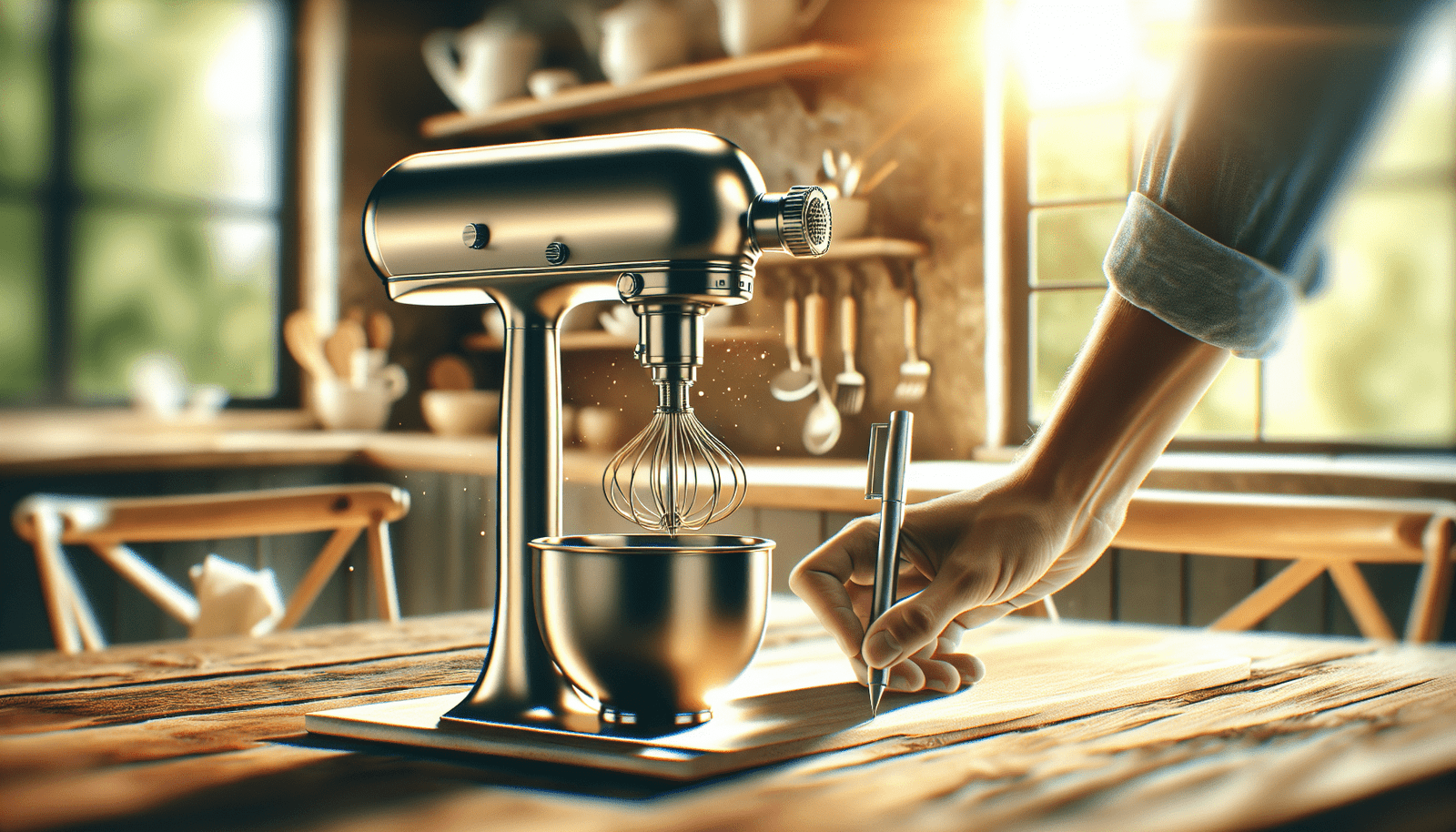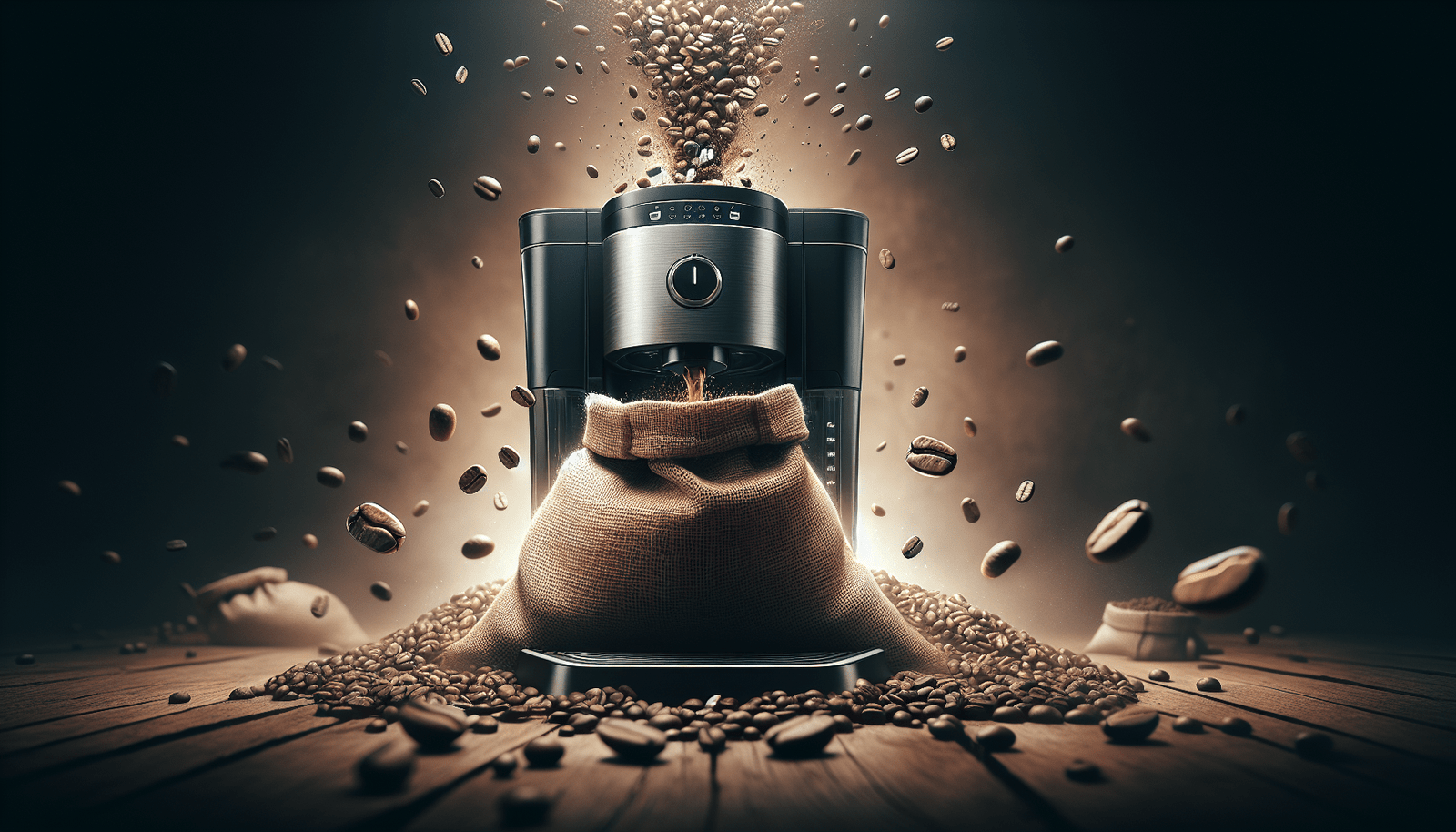In the world of culinary exploration and excellence, ensuring the perfect serving temperature for your favorite beverages is just as crucial as having the right ingredients for a gourmet dish. “The Importance of Temperature Control in beverage refrigerators” draws attention to a key factor that both home cooks and professional chefs must navigate to keep their drinks—from fine wines to craft beers—at their optimal flavor profile. By shielded with insights on the significance of maintaining strict temperature settings in beverage refrigeration, this article offers a blend of practical knowledge and expert advice, making it an essential read for anyone looking to enhance their culinary space. With Cooking Appliance World, you’re not just storing beverages; you’re preserving the essence of every sip, ensuring every drink is served just the way it was intended, enriching both your cooking and tasting experience.
Overview of Beverage Refrigerators
Definition and purpose of beverage refrigerators
A beverage refrigerator, sometimes referred to as a beverage cooler, is designed specifically for the cooling and storage of drinks. Unlike regular refrigerators that cater to a wide range of food items with varying temperature needs, beverage refrigerators maintain a consistent, often customizable temperature ideal for different types of beverages. Their purpose is straightforward: to keep your drinks perfectly chilled and ready to serve at any time.
Types of beverage refrigerators available
You’ll find that beverage refrigerators come in various shapes, sizes, and configurations. Some are compact and perfect for personal use in a home office or bedroom, while others are larger and suited for commercial settings like bars and restaurants. The main types include under-counter models that save space, freestanding units that can be placed anywhere, and built-in options that can be seamlessly integrated into cabinetry for a sleek look.
Common uses in both residential and commercial settings
In residential settings, beverage refrigerators are often used to free up space in the main fridge by storing cans and bottles of drinks separately. They’re also a classy addition to home bars, game rooms, or home theaters. Commercially, they’re indispensable in restaurants, cafes, and bars where a variety of chilled beverages need to be readily available and attractively displayed for customers.
The Science of Refrigeration
How refrigeration works
Refrigeration works by removing heat from the inside of the unit and releasing it to the outside environment. This is achieved through a cooling process involving a refrigerant, which changes from gas to liquid as it absorbs and releases heat. The continual cycle of the refrigerant through the system keeps the temperature inside cool and consistent.
The role of temperature in preserving beverages
Temperature plays a crucial role in not just keeping beverages cold, but in preserving their quality, taste, and freshness. Each type of drink, from sodas to wines, has an optimal temperature range that ensures it stays delicious and safe to consume over time.
Differences between beverage refrigerators and standard refrigerators
Beverage refrigerators are designed to maintain a narrower temperature range, suitable for drinks, and often offer more precise temperature controls. Unlike standard refrigerators, many beverage models feature glass doors for easy viewing and aesthetic presentation, and some are equipped with specialized racks and shelving to efficiently store bottles and cans.

Importance of Precise Temperature Control
Impact on beverage taste and quality
Temperature directly affects the taste and quality of beverages. For example, wine served too warm may taste overly alcoholic and flat, while if too cold, its nuanced flavors may be muted. Precise temperature control allows each beverage to be enjoyed as intended by its makers.
Preservation of beverages and extension of shelf life
Proper temperature control can significantly extend the shelf life of beverages by slowing the growth of microorganisms and the rate of chemical reactions that can lead to spoilage. This is particularly important for commercial establishments that need to maintain stock quality over time.
Prevention of bacteria growth and contamination
Keeping beverages at the right temperatures also helps prevent the growth of bacteria. This is essential not just for taste and quality, but for health reasons as well, ensuring the beverages are safe for consumption.
Optimal Temperature Ranges for Different Beverages
Ideal temperatures for soft drinks
Soft drinks are best served cold, at temperatures ranging from 35°F to 40°F. This range ensures they’re refreshingly cool without causing any loss of carbonation or flavor.
Recommended temperatures for storing beer
The optimal temperature for storing beer varies depending on its type. Lagers are best kept slightly warmer than ales, with ideal ranges from 42°F to 48°F for ales and 35°F to 40°F for lagers.
Optimum storage temperatures for wine
Wine storage temperatures also vary. Red wines are ideally stored at 55°F to 65°F, while white and sparkling wines fare better at cooler temperatures, between 40°F to 50°F.
Temperature suggestions for other beverages like milk, juices, and energy drinks
For dairy products like milk, temperatures should be maintained at 34°F to 38°F to prevent spoilage. Juices and energy drinks are best stored slightly cooler than sodas, around 35°F to 38°F, to maintain freshness and taste.

Technologies Used in Temperature Control
Thermostatic controls
Thermostatic controls allow for the manual adjustment of temperatures and are common in many beverage refrigerators. They provide flexibility but may not offer the precision of digital controls.
Digital vs. analog temperature controls
Digital temperature controls offer more precise temperature settings than analog systems. They usually feature an easy-to-read display and can provide more consistent temperatures across the unit.
Advanced cooling systems (compressor vs. thermoelectric)
Compressor-based systems are powerful, efficient, and ideal for larger units or commercial settings. Thermoelectric systems are quieter and more energy-efficient, suitable for smaller units or for those aiming for eco-friendly options.
Benefits of Proper Temperature Control
Enhanced flavor profiles of beverages
Proper temperature control ensures beverages can be enjoyed at their best, with full flavor profiles that enhance the drinking experience. This is crucial for wine aficionados and beer enthusiasts alike.
Increased customer satisfaction in commercial settings
In commercial settings, serving beverages at their ideal temperatures can significantly enhance customer satisfaction, leading to repeat business and positive reviews. It shows attention to detail and a commitment to quality.
Cost savings through efficient energy use and reduced spoilage
Effective temperature control can also lead to cost savings by reducing spoilage and waste. Efficient cooling systems ensure energy is used judiciously, keeping operational costs down.
Choosing the Right Beverage Refrigerator
Factors to consider based on beverage type
The beverage type you intend to store will influence your choice of refrigerator. Consider the temperature range and capacity needed for your specific beverages, whether it’s craft beer, fine wine, or artisanal sodas.
Assessing storage capacity needs
Consider how much you need to store at one time and whether you anticipate needing more space in the future. This will help determine the size and type of refrigerator to go for.
Evaluating features: adjustable shelves, UV protection, and door locks
Features like adjustable shelves offer flexibility for storing different sizes of bottles and cans. UV protection is essential for wine storage to prevent light spoilage, and door locks are necessary for securing alcohol, especially in commercial settings or households with children.
Maintenance Tips for Optimal Performance
Regular cleaning and defrosting
Keeping your beverage refrigerator clean and defrosting it regularly are essential for maintaining optimal performance. This prevents the accumulation of ice, which can affect cooling efficiency and temperature consistency.
Checking and setting the temperature regularly
Regularly checking and adjusting the temperature ensures your beverages are stored at the ideal conditions. This is especially important with changing seasons or loading the unit with new stock.
Servicing and replacing parts as necessary
Like any appliance, beverage refrigerators may need servicing or parts replacement over time. Keeping an eye on the unit’s performance and addressing issues promptly will help extend its lifespan.
Troubleshooting Common Issues
Inconsistent temperature problems
If you notice temperature inconsistencies, check for a blocked air vent, overloaded refrigerator, or malfunctions in the thermostat or cooling system. These are the most common culprits.
Refrigerator not cooling
If the refrigerator is not cooling at all, ensure it’s properly plugged in and that the electrical outlet is functioning. If these factors are in order, it might indicate a more serious issue, such as a failed compressor.
Unusual noises and how to address them
Unusual noises can result from the unit being unlevel, components being loose, or mechanical failures. Checking the refrigerator’s level and tightening any visible fasteners may resolve the issue, but persistent noises require professional inspection.
Case Studies: The Impact of Temperature Control
Real-world examples of businesses benefitting from precise temperature control
Many businesses, from boutique wine shops to bustling craft beer bars, have reported increased customer satisfaction and sales after investing in high-quality beverage refrigerators with precise temperature control. These establishments recognize that the optimal serving temperature is key to unlocking the full potential of their offerings.
Consumer preferences and behavior in relation to beverage temperature
Consumers increasingly prefer their beverages served at the ideal temperature, reflecting a broader trend towards higher expectations of food and drink quality. This behavior underscores the importance of accurate temperature control in venues serving beverages.
Analysis of temperature control failures and lessons learned
Instances where temperature control failures have led to spoiled stock and lost revenue highlight the crucial role of reliable refrigeration in the beverage industry. These cases teach the importance of regular maintenance, appropriate technology selection, and swift action to rectify issues.
Embracing the complexities and nuances of beverage refrigeration can elevate your drinking experience or business offering to new heights. Whether you’re a homeowner looking to enjoy your favorite drinks at the perfect temperature or a business aiming to impress customers with high-quality, perfectly chilled beverages, understanding and implementing precise temperature control in your beverage refrigeration is the key to success.


